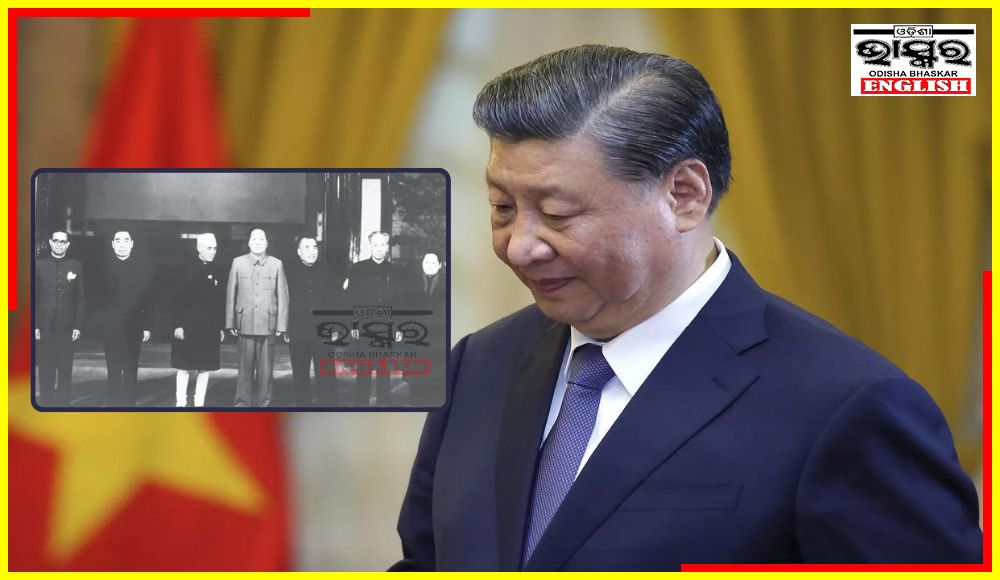Chinese President Xi Jinping praised the relevance of the ‘Panchsheel’, Five Principles of Peaceful Coexistence as well as the the Non-Aligned Movement of Jawaharlal Nehru. According to him, these can end the present-day conflicts and sought their expansion in the Global South amid its tussle with the West.
Xi Jinping invoked the Five Principles of Peaceful Coexistence, termed as ‘Panchsheel’ by India, at a conference in Beijing to mark. He sought to juxtapose them with his new concept of Global Security Initiative envisaging a shared future for mankind.
The ‘Panchsheel’ pointers were signed between China and India on April 29, 1954.
Panchsheel is part of the legacy of the then Prime Minister Jawaharlal Nehru and his Chinese counterpart Zhou Enlai.
Xi Jinping elaborated the five Principles, namely, ‘mutual respect for sovereignty and territorial integrity’, ‘mutual non-aggression’, ‘mutual non-interference in each other’s internal affairs’, ‘equality and mutual benefit’, and ‘peaceful coexistence’.
‘Panchsheel’, the Five Principles of Peaceful Coexistence were born in Asia (India) but quickly ascended to the world stage. In 1955, more than 20 Asian and African countries attended the Bandung Conference, Xi Jinping recalled in his address.
The Non-Aligned Movement, founded by Jawaharlal Nehru, that rose in the 1960s adopted the ‘Panchsheel’ or Five Principles as its guiding principles.
China will provide 1,000 ‘Five Principles of Peaceful Coexistence Scholarship of Excellence,’ 1,00,000 training opportunities to Global South countries in the next five years, and also launch a ‘Global South Youth Leaders’ programme, Xi Xinping said.




Comments are closed.